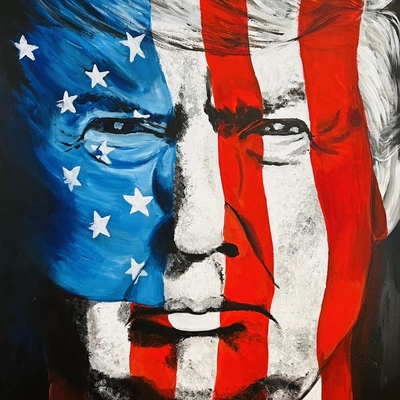Stay informed on the latest Truth Social posts from Donald Trump (@realDonaldTrump) without the doomscrolling. Consider it a public service for your mental health. (Why?)
- Job numbers are great.
- The stock market is significantly up.
- Billions of dollars are being generated from tariffs.
The post is a commentary on existing positive economic data (job numbers, stock market performance) and ongoing trade policy (tariffs generating revenue). It does not introduce new policy, information, or an unexpected event that would cause a significant new market reaction. Any impact would be marginal, reinforcing existing sentiment rather than driving new movement.
The post focuses on domestic economic indicators and trade revenue, containing no threats, ultimatums, or military references, indicating no likelihood of international conflict escalation.
- Commodities: Oil (WTI) will likely see no significant new impact, as the post reinforces existing positive economic sentiment that generally supports demand. Gold (XAU) will likely see no major impact, as this is not a risk-off event that would prompt a flight to safety.
- Currencies (Forex): The U.S. Dollar Index (DXY) will likely experience a neutral to slightly positive effect, as the post reiterates perceived US economic strength, but the information is not novel enough to cause a substantial shift. The dollar will not be treated as a safe-haven asset, as the post's tone is positive and non-threatening.
- Global Equities: Sentiment for European (e.g., STOXX 600) and Asian (e.g., Nikkei) markets will likely be neutral to slightly positive, reflecting a minor spillover of general confidence from the positive US economic commentary, but without new drivers.
- Bonds (Fixed Income): A 'flight to safety' into U.S. Treasuries is highly unlikely given the positive economic commentary. This would imply neutral to slightly upward pressure on their yields (meaning lower bond prices), as strong economic data can reduce demand for safe-haven assets and potentially increase expectations for tighter monetary policy, though the post itself is not a direct driver of this.

